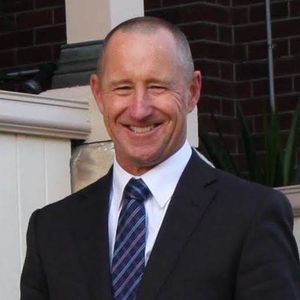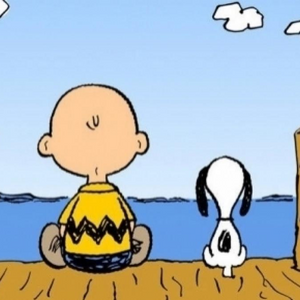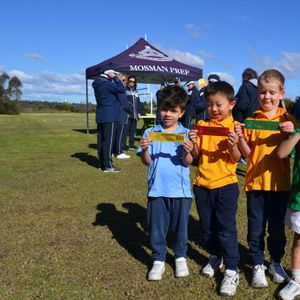Liberated through Courage

Courage isn’t about something magical that happens inside us to make us ‘not scared’. It’s about something magical that happens inside us to make us push through fear, self-doubt, anxiety, and do the things that feel hard or risky or frightening.
– Karen Young (psychologist/parenting author)
Courage doesn’t always feel like courage. This is because courage and fear always exist together. If there is no fear, there is no need for courage. The bravery to keep going, to attempt something new, and, of course, the courage to try in the first place.
Sometimes ‘safe and certain' is the best place for our children to be, but letting go of the railing, even if only for a few seconds at a time, will allow them to experience much growth and enrichment. Karen Young, psychologist and author who has done extensive work with teens and children with anxiety, suggests some ways to nurture the brave in our kids:
1. Speak of their brave.
Speak to the courage that is already growing inside them and encourage them to speak positively about their own courage. What we tell them affects what they believe. Call them brave, even when they feel scared. Let them know that they can feel scared and brave at the same time.
‘When I was playing rugby in my early years at King’s, a coach’s encouragement turned me from someone fearful of tackling to someone hungry for my next tackle.’
2. Give permission for imperfection.
Failure and rejection are often a sign that you’ve done something brave. Give them space for imperfection. Be intentional about giving your children a safe place to mess it all up, to learn consequences and forgiveness and exactly what it takes to get back up and try again.
‘They say, if you fall off a horse, if you are able, you should climb back on as soon as possible’.
3. Encourage their sense of adventure.
Gently encourage them to do activities that push them to the edges of their physical or emotional selves – drama, sport, music. It is in the adventure that we learn new ways of being, thinking and doing. Celebrate courage in your family regularly. Talk to them about the times you feel nervous, or the times you’ve pushed through fear, exhaustion, sadness, anger, to do the thing that was right for you.
‘Variety is the spice of life’, so try your hand at new ventures and challenge yourself!
4. The outcome doesn’t matter as much as the process.
When they feel the need to play it safe, they are focusing on the ending, or the need to avoid failure. Whenever you can, encourage them to shift their focus to the process – the decisions they make, the actions they take, and the courage that drives all of it.
‘I don’t think I was the best at anything during my school years, but my engagement with opportunities has enriched my life’.
5. Brave is about doing what’s right for them.
Sometimes courage is about doing the scary thing, and sometimes it’s about doing the right thing. Deciding whether something is right or wrong is the first step. The next part – which is the tricky part – is finding a safe out. It’s not always easy saying ‘no’, which is why this is where courage happens.
Children may imagine that courage manifests itself in grand gestures, super heroic deeds, or dragon-slaying actions. The truth is, our children are slaying their own dragons, every day. The goal is to help them recognise it so that they can use it to push through when they feel small, afraid, confused, or unseen. Because one of the most important parts of being brave is knowing that somewhere inside of you, ‘brave’ will be there when you need it, whether you feel it or not.
Peter Grimes | Headmaster
Reference:
Karen Young - psychologist/parenting author.
Link - Hey Sigmund / Building Brain Health


















